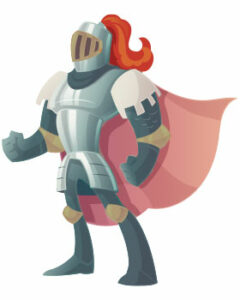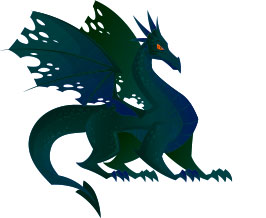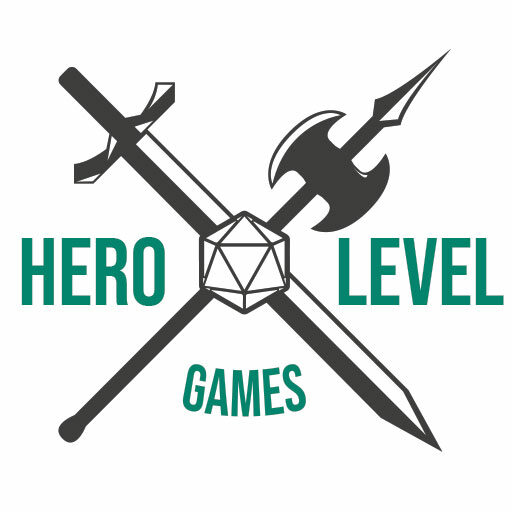Start Every Session The Right Way: Guide
 It’s important to start every session the right way. This sets the tone for the game to come and gets everyone excited to play.
It’s important to start every session the right way. This sets the tone for the game to come and gets everyone excited to play.
Most folks will spend half an hour or more waiting for the rest of the players to arrive then look around the group and ask someone to recap what happened last time. While this isn’t wrong exactly it does lead to a loss of energy and enthusiasm from the people who actually made it on time.
Instead we suggest that doing these small things can improve not only your enjoyment level but often it also means that folks work hard to be on time to your games because they don’t want to miss the exciting start.
1 Start the session immediately
As a DM, make sure you spend the time before the session prepping so that you don’t need to open notes or software while the players wait. You are ready.
Pro tip: It’s actually totally fine to start 3 to 5 minutes late, life does happen sometimes but any more than that and your players can join you when they arrive.
2 Start in the middle of the action
One of my favourite things to do is end the previous game just as something is about to happen. Like a foreshadowing of something to come. It sets expectations for the next game and makes folks excited to play again.
Of course, you can’t always do that, but you can fast forward to some kind of action. Let me give you some examples.
Say your party has just come to town – have a fight break out right next to them. They get caught in the action as one NPC shoves another.
Or, perhaps they are trekking through the wilderness and have made camp for the night. Have a lone howl sound in the distance, joined by a second and third. This doesn’t need to lead to an encounter, it just leaves the door open for something that could happen.
Here’s a quick table to help you start your next session in the middle of the action. These incidents can all lead to great role play moments and even story hooks as they follow the action. Or it can just bring flavour to the world. Things happen around them that are beyond their control.
Roll 1d12 or just pick one of these
1 Something breaks near them. Someone knocked something over or perhaps it was just the wind.
2 One of your party members trips over something have them roll a dexterity saving throw or fall prone.
3 A fight breaks out next to the party.
4 It begins to hail fiercely and they are being pelted by hailstones the size of thumb nails. They take 1d4 damage for every round in the open.
5 A thief tries to steal a purse, roll a perception check on a failure they notice much later that their purse strings were cut.
6 There is a loud bang from an alley. As they round the corner they see that a critter has knocked over a trash can to get to the trash.
7 The heat is stifling. It’s so hot they can barely think.
8 Someone spills a drink on one of the party members as they drunkenly walk past. The party member is a little sticky now and smells of ale.
9 A horse walks past. Several flies that were buzzing around the horse now buzz around one of the party members. A timely reminder to stop and bath sometimes.
10 The smell of cooking fills the air. It smells delicious. The local tavern is making their speciality.
11 There is a fizz followed by a loud bang as something explodes nearby. A local apothecary dropped a potion they were carrying.
12 One of the party members is hit in the back of the head by something hard and small. A kid nearby threw a pebble at them.
 3 Be clear about what you reward
3 Be clear about what you reward
I reward great role play with inspiration. I am clear on this at the beginning of every session and I am consistent with rewarding players for wonderful role play moments.
Inspiration allows one re-roll of a d20. This is a great reward for players who like to succeed but they also know that I freely give inspiration when they do great role playing so they use it instead of hoarding it. Then they work hard to earn another one. We all win. I get the role play I love, the players get rewarded and know what they are being rewarded for.
4 Prep for the game
You need to read the adventure before you play and jot down any relevant notes of things you need to remember.
Also worth noting down are your player’s passive perception, passive investigation, passive insight, Armor Class and Hit Points. This then becomes a quick look up without you having to ask them.
It’s also a good idea to have the relevant NPCs that they may encounter noted down. You usually need the names, description and motivation as well as any story threads they are linked to in case the players want to pursue that.
5 Know where you want to end up
A lot of DMs get antsy about guiding their players in a particular direction and call it railroading. The thing is, while your players do have a choice as to what to do, games are way less stressful and more successful when there is a plan, even a small plan.
And having three possible story threads in a town is way better than having infinite story threads.
So when I say know where you want to end up I mean know what possible story threads there are in this area. What possible NPCs they could encounter and what that roughly looks like.
It will allow you to describe scenarios and give them options. Otherwise players feel lost and can get bored or frustrated because it’s not clear what they can or should do.
